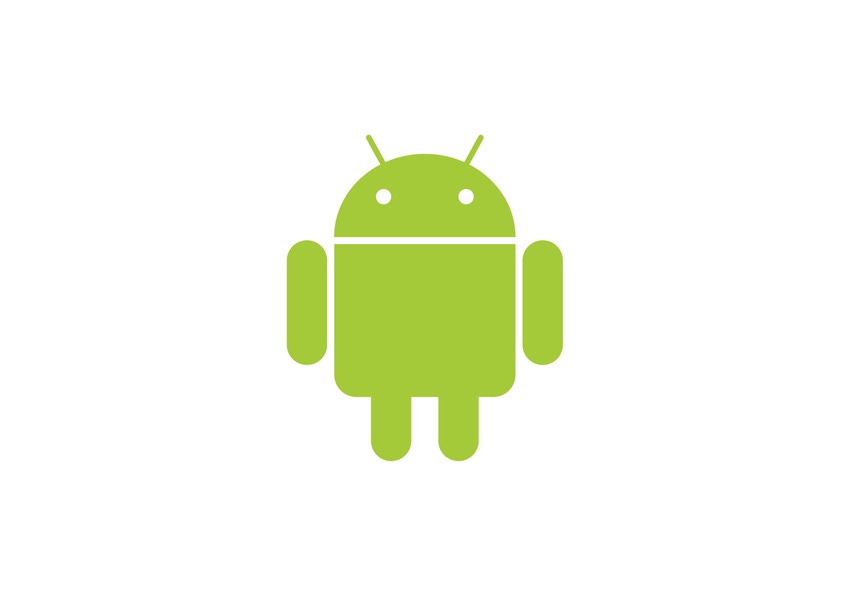Canonical is no longer the only company that wants to converge Linux-based platforms across desktop and mobile devices. Intel has now gotten into the game as well with an Android OS that can also run a desktop Linux software stack when plugged into an external display.

Canonical is no longer the only company that wants to converge Linux-based platforms across desktop and mobile devices. Intel has now gotten into the game as well with an Android OS that can also run a desktop Linux software stack when plugged into an external display.
The phone, which Intel put on display at Mobile World Congress this week, is similar to Canonical’s Ubuntu for Phones — and even more similar to the company’s deprecated Ubuntu for Android platform. The Intel platform takes a phone running Android, connects to an external display and gives users a complete desktop GNU/Linux environment.
This also makes the Intel product similar to Microsoft�’s Continuum — although the big difference, of course, is that Intel is using only Linux-based solutions. Continuum relies on Windows to let users connect their phones to external displays for a desktop PC experience.
For now, Intel’s solution remains rough around the edges. Unlike Ubuntu on phones and tablets, Intel’s platform doesn’t let users use the phone and the external display at the same time. (You can display the Android screen in a window on the external monitor, but you can’t use the phone’s built-in display while plugged in.)
The Intel product is also different in that it uses a GNU/Linux distribution of Intel’s own design based on Debian, rather than a mainstream distribution like Ubuntu. That might be a downside in the market because it will make Intel’s solution harder to integrate with GNU/Linux software stacks that are widely used on desktop PCs.
Nonetheless, Intel sees the product as essentially market-ready. The company told the Register, “The chip is ready, this is production-ready. This can go into production tomorrow. It is a business decision.”
So, if you were writing Ubuntu phones and tablets off as a niche product that will not see much of a following outside of the open source community, Intel would beg to differ. By deploying its own Android-to-Linux PC solution, the company stands to help develop this market, and give a large number of customers a new way to run desktop Linux.
About the Author(s)
You May Also Like


